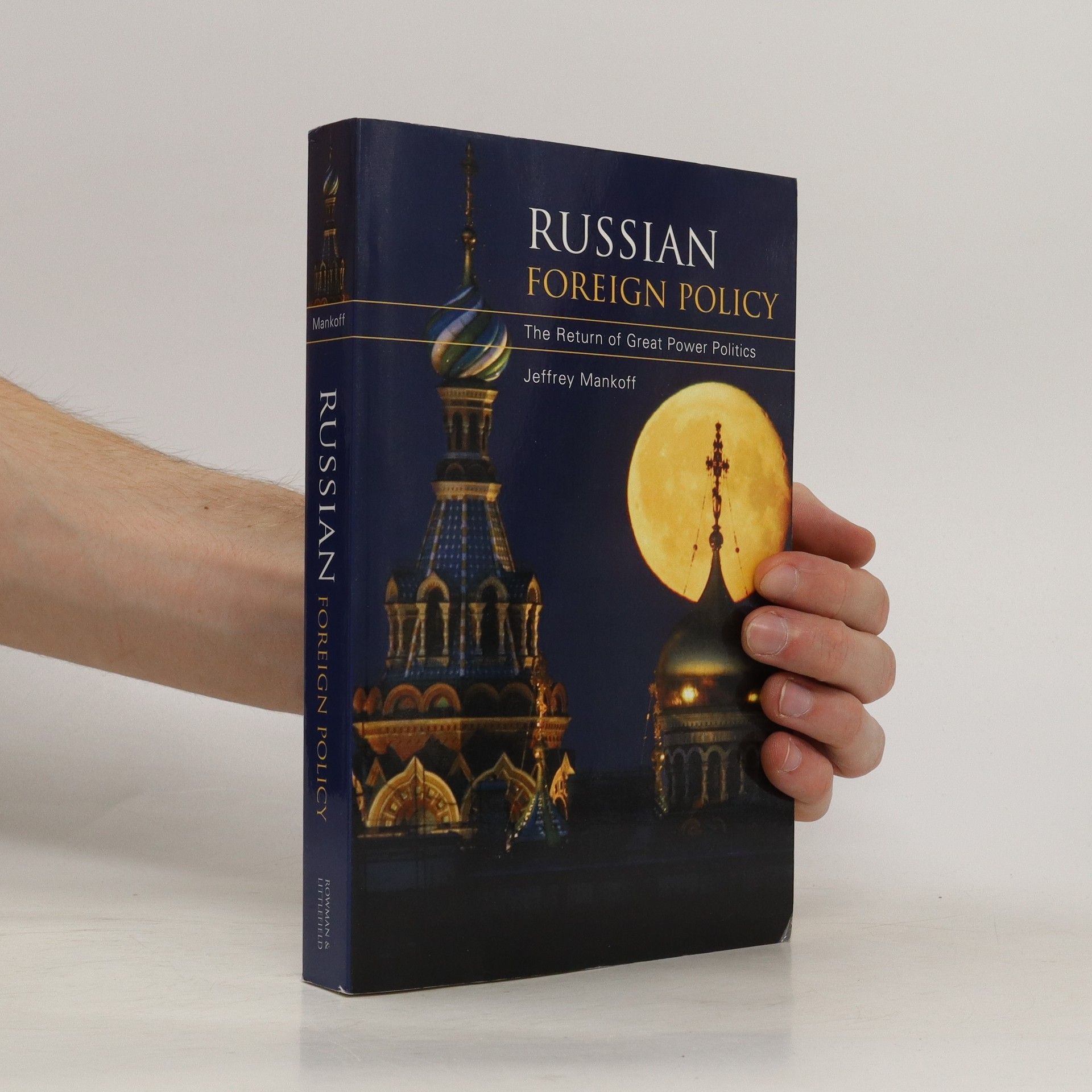How the collapse of empires helps explain the efforts of China, Iran, Russia, and Turkey to challenge the international order
Jeffrey Mankoff Livres


This thoughtful and balanced text examines the development of Russian foreign policy since the end of the Cold War. Jeffrey Mankoff argues that Russia's more assertive behavior since Vladimir Putin became president in 2000 has resulted from both a deep-seated consensus among its elite about Russia's identity and interests as well as a favorable convergence of events-including the persistence of high energy prices and the check on U.S. power resulting from the wars in Iraq and Afghanistan. Because these factors are the result of long-term trends, the author argues that there is little reason to expect that the election of Dmitry Medvedev will fundamentally alter Russian foreign policy behavior.Presenting an evenhanded treatment of controversial issues, Mankoff analyzes Russia's interactions with major global actors, including the United States, the European Union, the Commonwealth of Independent States, and China. Despite Moscow's often-harsh rhetoric and the deployment of Russian forces against Georgia in 2008, the author convincingly demonstrates that there is little reason to fear a return to a Cold War-like standoff with the West. Instead, he argues, today's Russia is more interested in restoring what its leaders consider to be its rightful place among the world's major powers rather than in directly challenging the West. Thoroughly researched and knowledgeable, this book will be invaluable for all students of Russia.